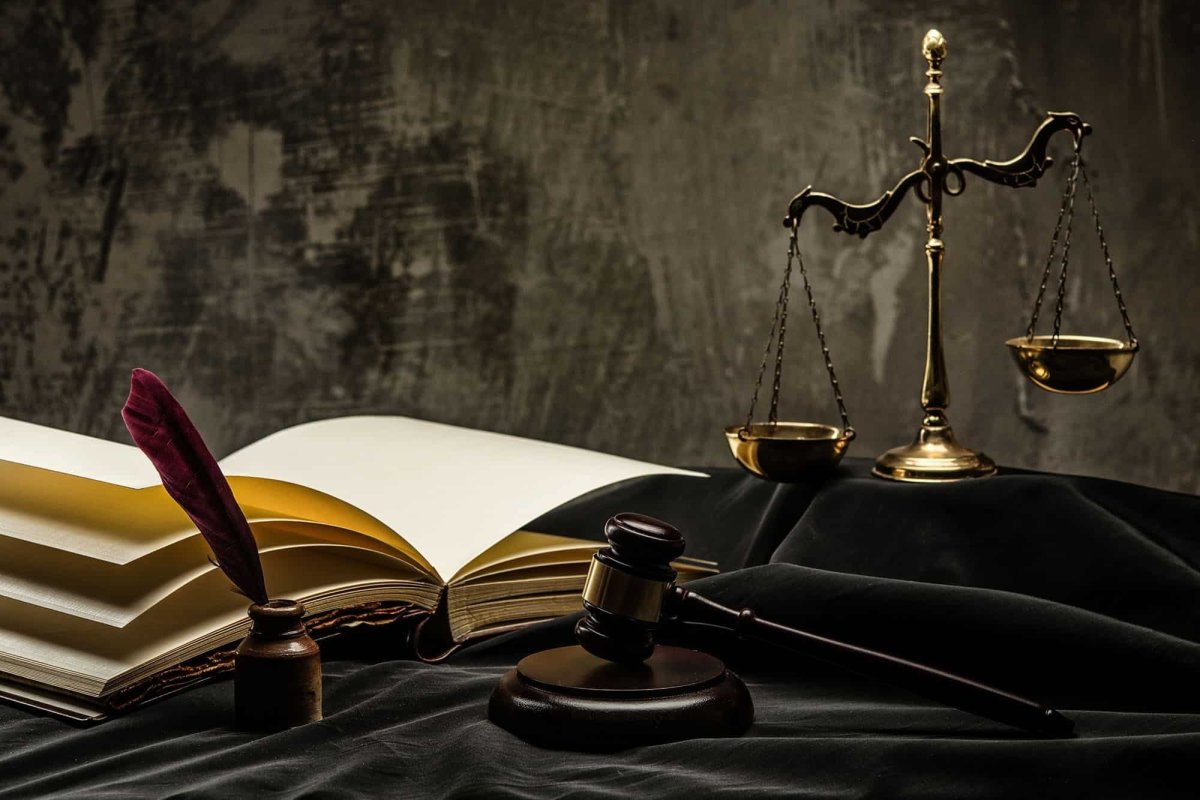Criminal Law Reform in Ukraine: Current Status and Prospects
Introduction
Criminal law reform in Ukraine is one of the most important components of the overall process of reforming the country's legal system. It is aimed at creating an effective legal mechanism for fighting crime, protecting the rights and freedoms of citizens, and ensuring justice and legality. In this article, we will analyze the historical context, current state, main problems and prospects of reforming criminal legislation in Ukraine.
Historical Context of Criminal Law Reform
Reform of criminal law in Ukraine began after independence in 1991. However, this process received a real impetus in 2012 with the adoption of the new Criminal Procedure Code (CPC), which replaced the Soviet CPC of 1960. The new code introduced a number of important changes, such as adversarial proceedings, strengthening the rights of suspects and defendants, and the introduction of investigative judges.
Key Stages of the Reform
1. Adoption of the new CPC (2012): This stage was marked by the introduction of new principles of criminal procedure, such as adversarialism, presumption of innocence and the right to defense.
2. Establishment of the State Bureau of Investigation (SBI): In 2016, the SBI was established and started functioning in 2018 to investigate crimes committed by senior officials.
3. Amendments to the CPC: In recent years, a number of amendments to the CPC have been introduced to improve procedural rules and eliminate gaps in the legislation.
Current State of Criminal Law
Today, the criminal legislation of Ukraine includes the Criminal Code (CC) and the Criminal Procedure Code (CPC), as well as separate laws and regulations governing certain aspects of criminal liability and procedure. The criminal legislation is constantly updated and improved in response to new challenges and needs of the society.
Key Issues and Challenges
1. Insufficient efficiency of crime investigation: Despite the reform, the problem of low efficiency of crime investigation remains, due to corruption, lack of resources and qualified personnel.
2. Problems in the application of preventive measures: There are cases of unreasonable application of preventive measures, such as detention, which violates the rights of suspects and accused persons.
3. Lack of proper protection of victims' rights: Victims' rights often remain unprotected, requiring additional measures to support and protect them.
4. Insufficient harmonization with international standards: Ukrainian criminal legislation needs to be more harmonized with international standards and recommendations, in particular with the European Union and Council of Europe recommendations.
5. Problems in the justice sector: There are problems related to the independence of judges, corruption in the judiciary, and delays in the consideration of criminal cases.
6. The impact of war on criminal law: The armed conflict in eastern Ukraine and the annexation of Crimea pose additional challenges for criminal justice, particularly in the context of war crimes and crimes against humanity.
You may also be interested in the following articles: advice of a lawyer, legal advice, analysis of documents, legal analysis of the situation, written advice, verification of documents by a lawyer, lawyers documents, online legal advice, online lawyer, legal opinion, legal opinion of a lawyer, lawyer online.
Prospects for Further Reform
1. Improvement of procedural norms: Continued work on improving the CPC to ensure a more efficient and fair criminal process.
2. Strengthening the rights of suspects and accused persons: Introduce additional mechanisms to protect the rights of suspects and accused persons, in particular by expanding access to legal aid.
3. Strengthening the institutional capacity of law enforcement agencies: Improving the material and technical base, professional development of law enforcement officers, and fighting corruption.
4. Ensure the independence of judges: Conducting judicial reform to ensure the independence and impartiality of judges and to increase the level of trust in the judiciary.
5. Protection of victims' rights: Introduce additional mechanisms to protect the rights of victims, in particular by providing them with legal and psychological assistance, as well as ensuring their participation in criminal proceedings.
6. Harmonization with international standards: Continued work on harmonization of criminal legislation with international standards, in particular in the context of implementation of international criminal law and human rights.
7. Addressing war-related issues: Establishing mechanisms for the effective investigation and trial of war crimes, crimes against humanity and other crimes related to the armed conflict.
Conclusion.
The reform of criminal legislation in Ukraine is a long and complex process that requires a systematic approach and the involvement of all stakeholders. Despite the progress made, there are a number of problems and challenges that need to be addressed. Continued work on improving criminal legislation, strengthening the institutional capacity of law enforcement agencies and the judiciary, as well as harmonization with international standards, are key tasks to ensure fair and effective justice in Ukraine.

































